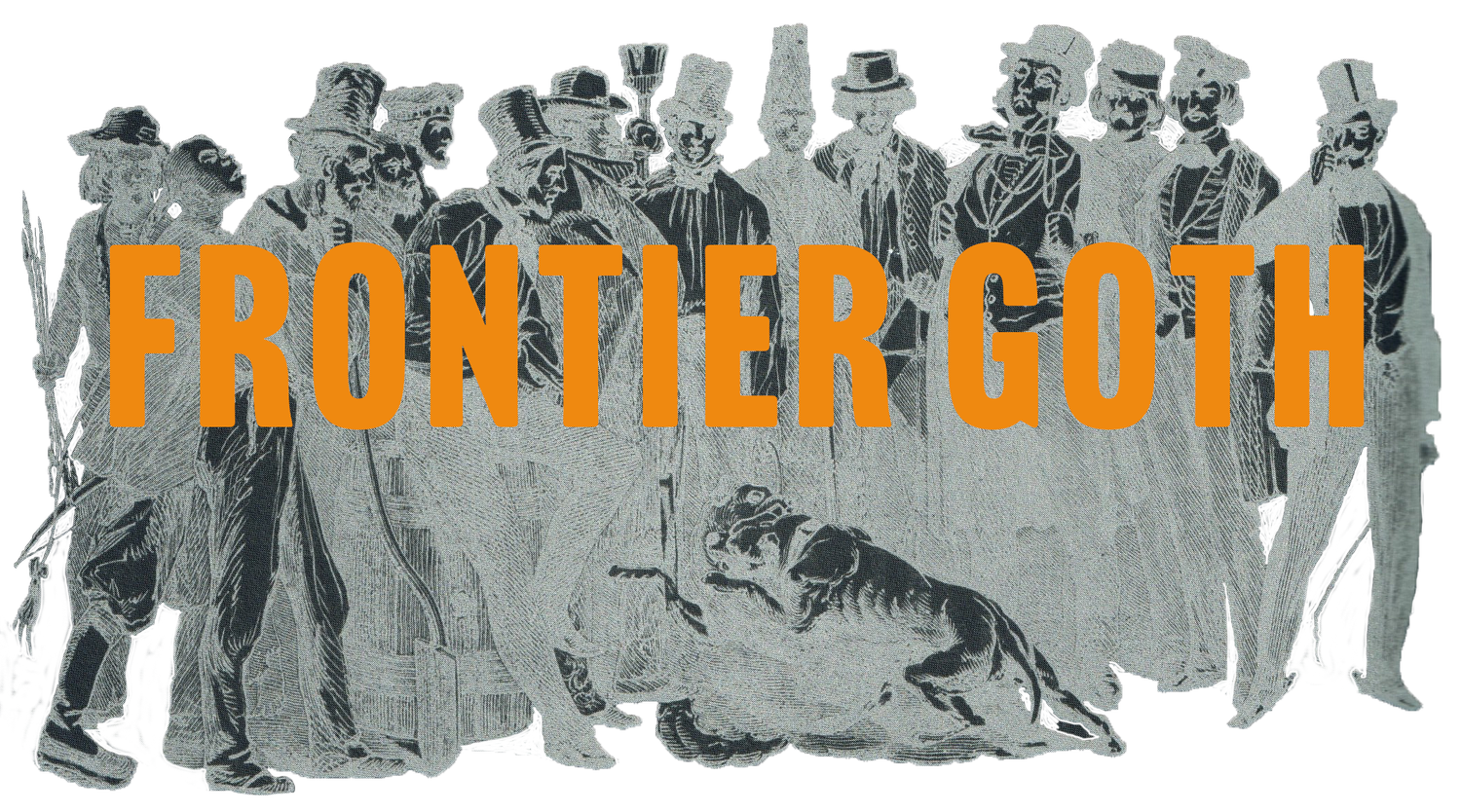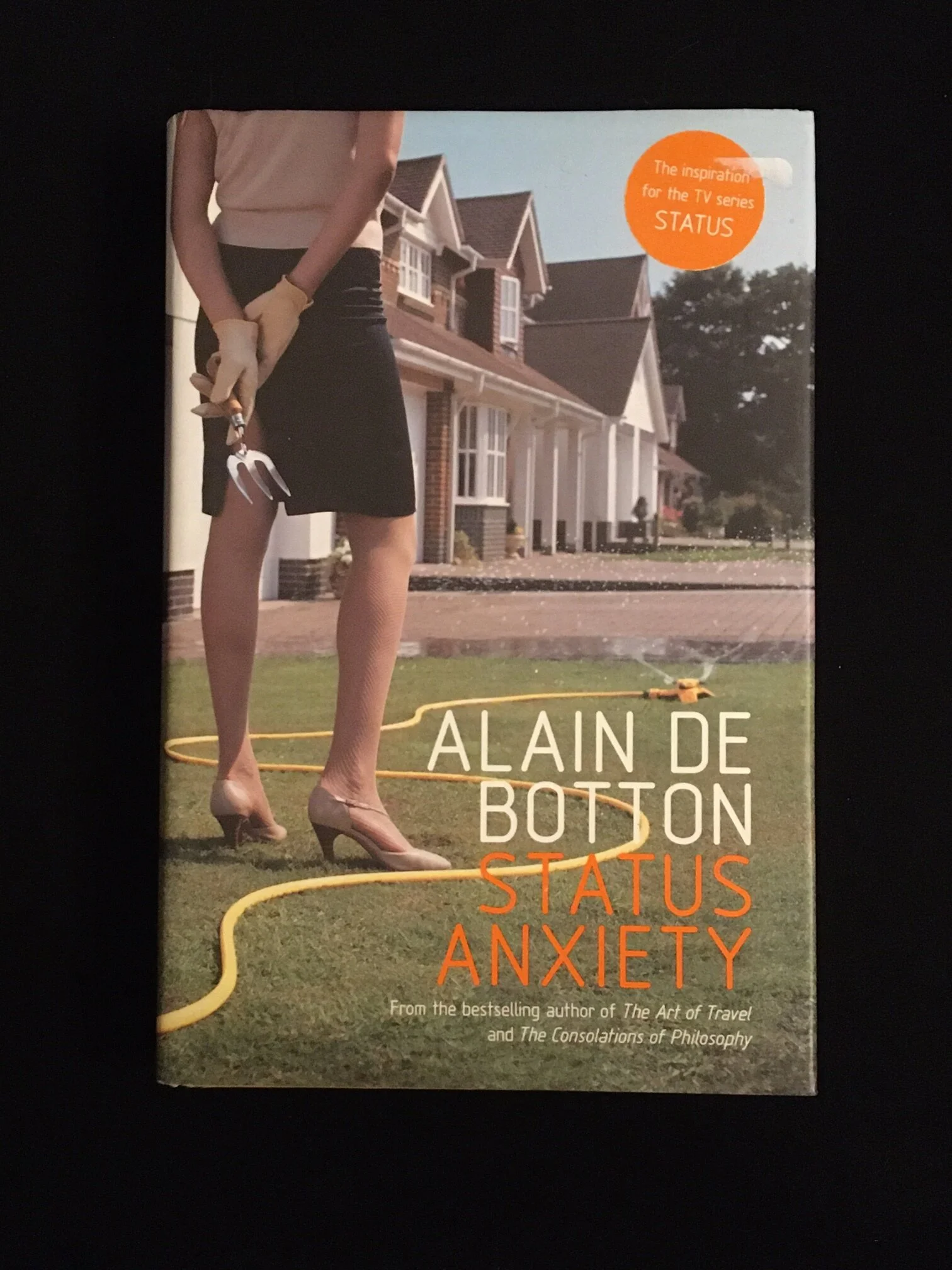Status Anxiety by Alain de Botton
“3 — Since then, it has grown common to describe as a snob almost anyone who practices overt social or cultural bias, who declares one kind of person or music or wine to be plainly better than another. Snobs comprise — according to this understanding — all those who insist too loudly on a scale of values. Yet it might be more accurate to limit the meaning of snobbery to a particular way of resolving the question of who and what to respect. The distinctive mark of snobs is not simple discrimination, it is an insistence on a flawless equation between social rank and human worth. Though traditionally they may have been associated with an interest in the aristocracy (for they were first pinned down in language at a time and place when aristocrats stood at the apex of society), the identification of snobbery with an enthusiasm for hunting and gentlemen’s clubs hardly captures the diversity of the phenomenon. Snobs can through time be found ingratiating themselves with a range of prominent groups — soldiers (Sparta, 400 B.C.), bishops (Rome, 1500), poets (Weimar, 1815), farmers (China, 1967) — for the primary interest of snobs is power, and as the distribution of power changes, so, naturally and immediately, will the objects of their admiration. 4 — The company of the snobbish has the power to enrage and unnerve because we sense how little of who we are deep down — that is, how little of who we are outside of our status — will be able to govern their behaviour towards us. We may be endowed with the wisdom of Solomon and have the resourcefulness and intelligence of Odysseus, but if we are unable to wield socially recognized badges of our qualities, our existence will remain a matter of raw indifference to them…… “
-Alain de Botton, 2004



